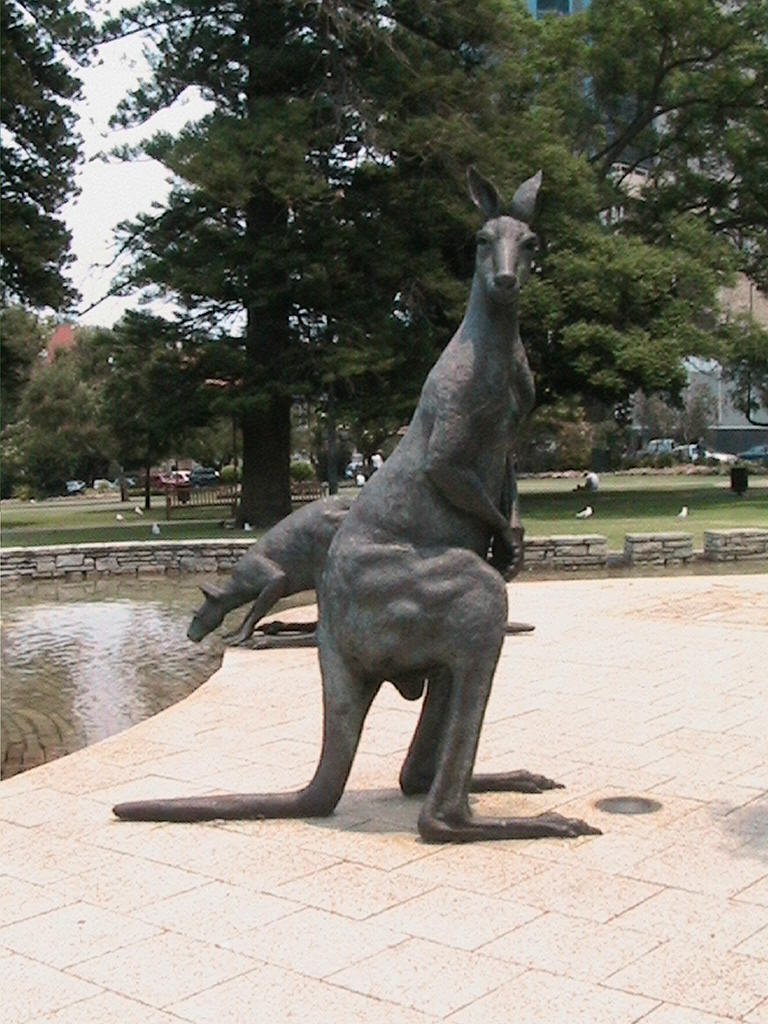Burke claims Dutton was deceived by a fabricated terrorism caravan scheme, asserting that he inadvertently aided criminal elements.


Burke claims Dutton was deceived by a fabricated terrorism caravan scheme, asserting that he inadvertently aided criminal elements.

Science Enthusiast Arrested for Online Plutonium Purchase Walks Free In an astonishing turn of events, a self-proclaimed science enthusiast was recently acquitted after facing charges related to the online purchase

A federal budget increase will safeguard bushland equivalent to the size of New Zealand.

The Unscheduled Guest: A Familiar Face in Our Home As a parent, one of the peculiarities of family life is the arrival of unexpected guests. Among the countless responsibilities and
It seems that Burke is highlighting concerns about Dutton’s handling of the situation regarding the alleged terrorism caravan plot. If the claims are true, it raises critical questions about how easily misinformation or exaggerated threats can be leveraged for political gain. It’s important to focus on facts rather than fear, and to ensure that the conversation around terrorism and crime remains grounded in reality. Engaging with communities and addressing real safety concerns without resorting to sensationalism is crucial in fostering trust and effective governance. What are your thoughts on the balance between security measures and the potential for misrepresentation in political narratives?
It’s fascinating how narratives can shape public perception and influence political actions. Burke’s assertion highlights a broader concern regarding the impact of misinformation in political discourse. In times of heightened tension around security and crime, it’s vital for public figures like Dutton to critically evaluate the sources of their information. This incident underscores the need for improved media literacy and critical thinking among both politicians and the public to avoid falling prey to sensationalized or misleading claims. Additionally, it’s worth considering how political rhetoric can sometimes inadvertently empower the very criminal elements being targeted, as it can amplify fear and drive polarization. Enhancing transparency and accountability in messaging could serve as a crucial step toward building public trust and effectively addressing genuine security concerns. What strategies do you think could be implemented to improve the vetting process for information that informs policy decisions?